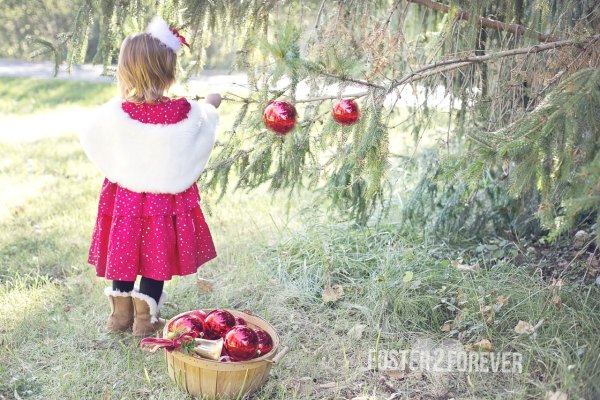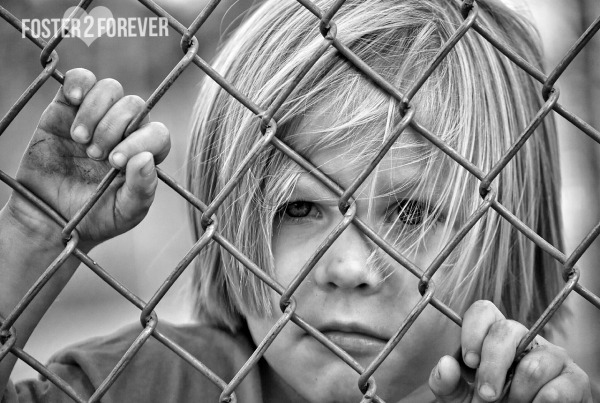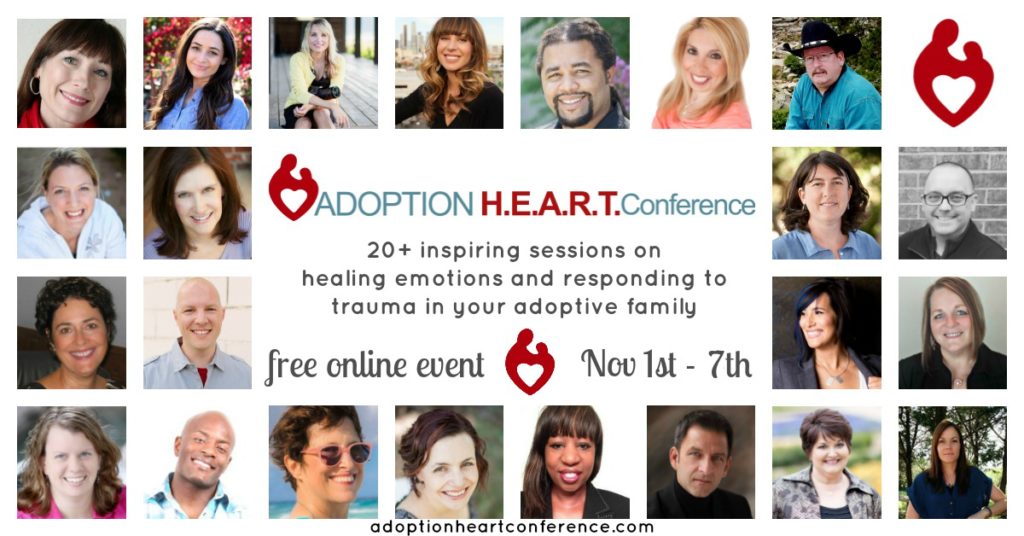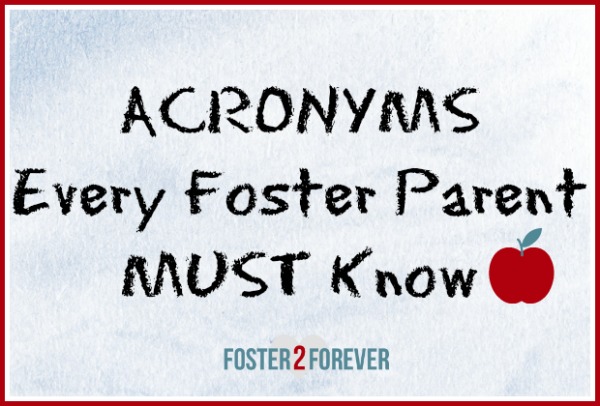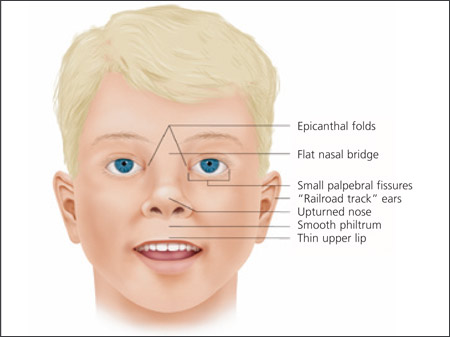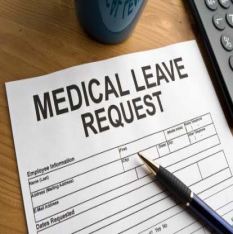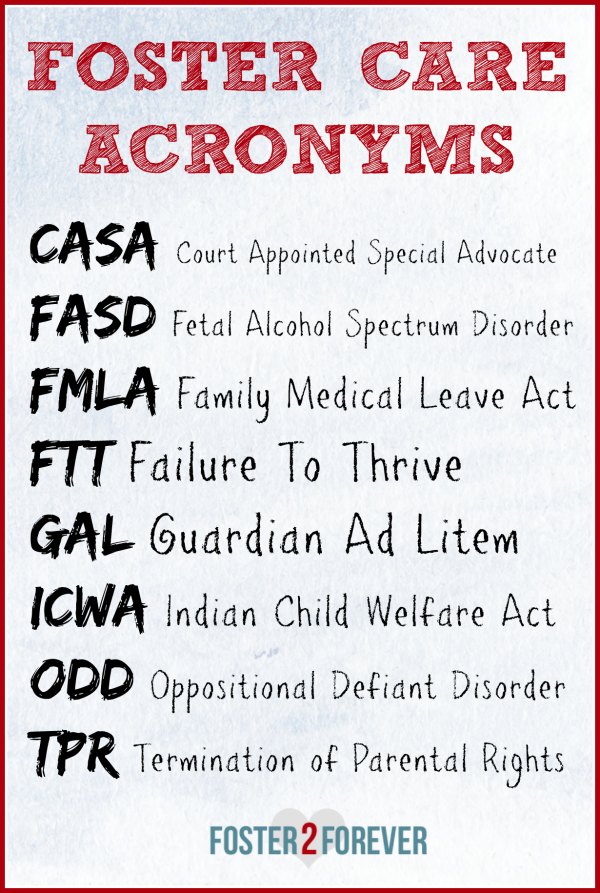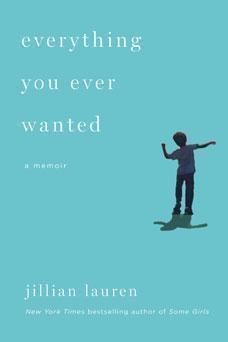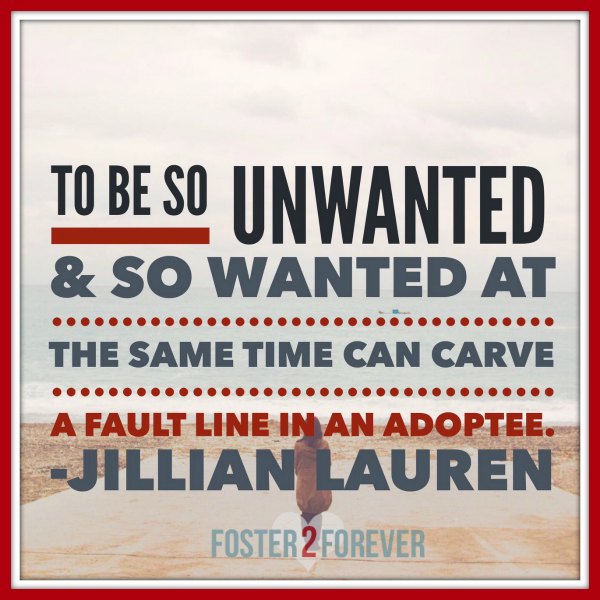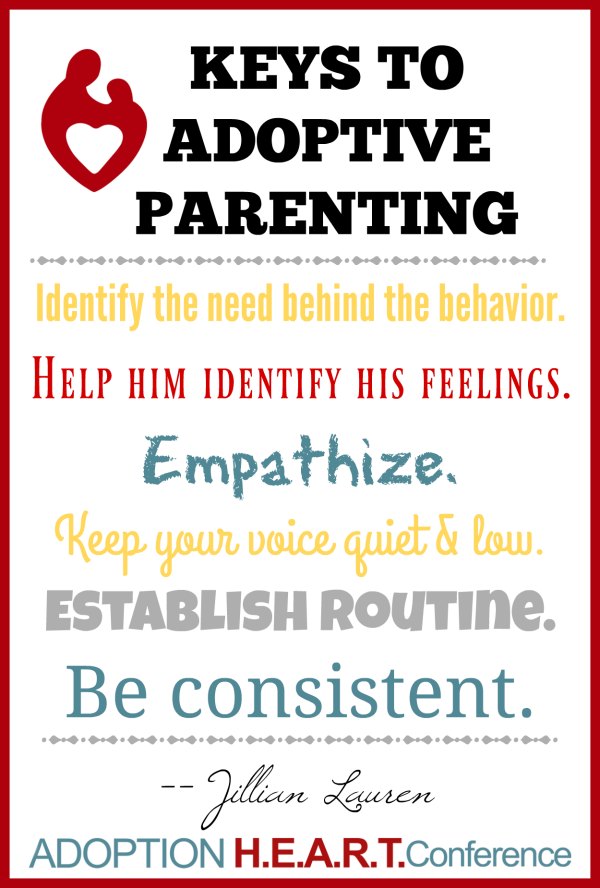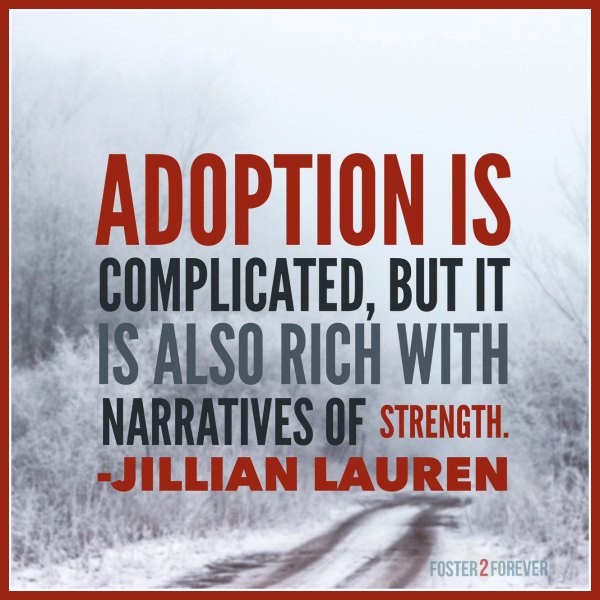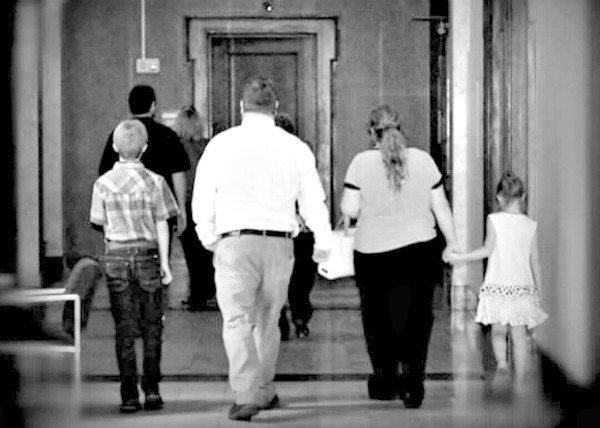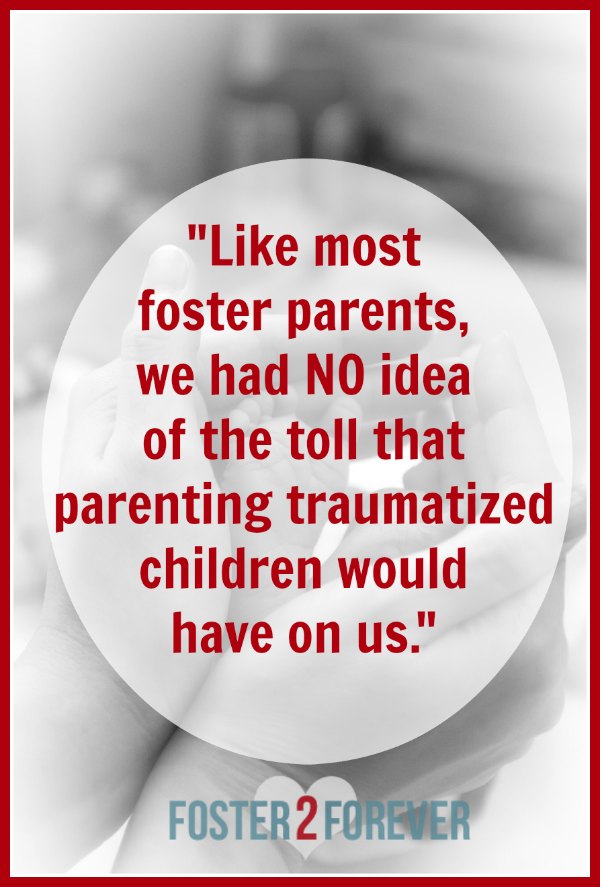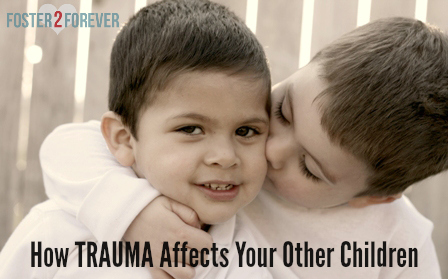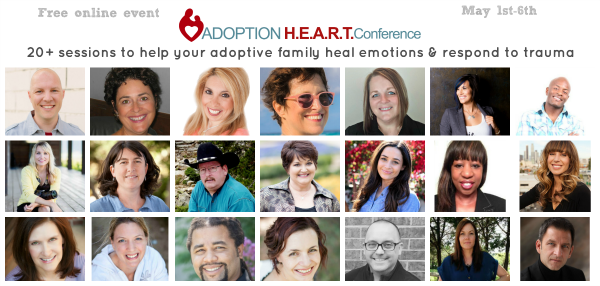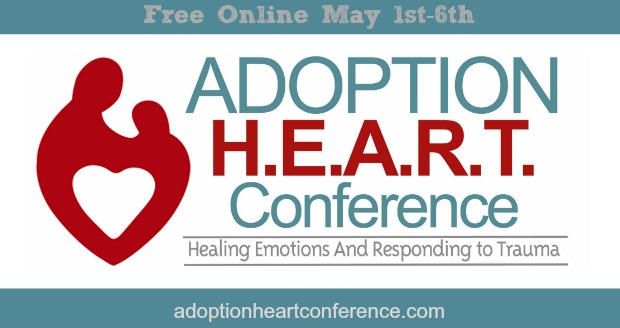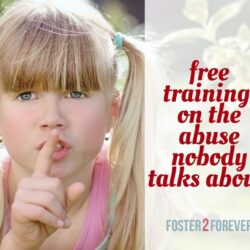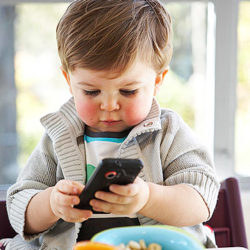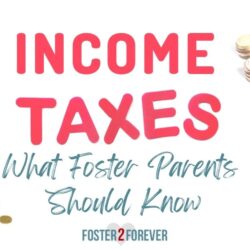Open letter to family and friends of foster families during the Holidays…..
I never thought I’d be writing one of these silly “open letter” things but there are just a few things I need to address. Now simmer down and don’t be offended if you recognize yourself. Yes, some of you have done these things, and no, not all of you have done all of them; and hey, some are “what if’s” and “please don’ts” and just my overly sensitive imagination.
1. My foster child is my child
First and foremost from the moment a foster child walks into my home they are ours. They are our child. I expect YOU to give them the love and respect you have always given our biological children. Let that sit for a minute. It sounds easy but for a lot of people it’s really not.
2. My foster child doesn’t know you
Please remember when we walk in your door for the first time I have a semi scared, new child with me. Even though we all know each other; she/he does not know you. You are a stranger and this is probably the 7th holiday party we’ve been to this year; that’s a lot of new people. So, no my new little love probably does not want to hug each and every one of you. Would you want to walk into a room full of loud strangers whose names are being shouted at you and hug them all? Sorry, no she’s not being rude or shy…..just normal. And while yes, she’s about the same age as Cousin Sally’s daughter they may not be best friends in 2 minutes; or they might be but let’s let them decide.
3. My foster child may not like our traditional foods
Meals; this is a tough one. YES I LOVE your fruit and walnut surprise salad but if he doesn’t that’s ok. We’ve all grown up on “our food” and it’s delicious but it tastes totally different than what he is used to. Remember everyone’s stuffing is a little different and guess what? He misses his grandmas stuffing as much as I would miss yours. So comments like “oh you didn’t eat much” or “don’t you like the ham salad casserole” are just a reminder to him that he’s not with his love ones this year. I promise I won’t let him go hungry. He may fill up on mashed potatoes but that’s ok, I’ll get in extra veggies tomorrow.
4. My foster child can hear your whispers
Oh yes even a 6 year old can hear, especially when you are hard of hearing and can’t whisper. So when we walk out of a room sweet comments like “oh, that’s such a nice thing they are doing” or “she’s so lucky to have them” or “I’m so proud of her for taking in that poor child” can be heard by THAT POOR CHILD. The last thing a kid wants to feel like is a poor charity case. No, she’s not lucky to have us we’re lucky to have her. So instead of telling her “you’re so blessed to be with them” lets try “we’re so blessed to have you with us this year”. Also, along the lines that even a 6 year old can hear……when she walks out of the room please don’t ask me about her case or her parents or where her siblings are this year. She might be able to hear you and guess what???? It’s none of your business. She’s with us for now; nope I’m not sure how long we’ll have her, that’s up to the courts and if things get to the point that we may adopt her I’ll let you all know when she’s not in the other room and feeling like people are talking about her behind her back………..because YOU are.
5. My foster child should have gifts that are equal to my “real” children
Now let’s get real, gifts. When we come to your home gifts are not necessary. Please don’t feel like you are required to get my children gifts, I can promise they have enough stuff and will get to open plenty of pretty boxes this year. But if you buy for one of them YES I EXPECT YOU TO BUY FOR ALL OF THEM (fosters included). If that’s a financial burden on you please either excuse all my kids from your gift giving or purchase less expensive gifts for them all. I know we’ve been easy on you all these years by only having one kid at home at a time but guess what? Those days are over. And for goodness sakes be fair and equal with your gifts. No, my 9 year old foster child will not love the socks you gave them when she sees her 16 year old foster sister getting a $50 gift card to her favorite store. EQUAL please; lets go $25 and $25 and you’re still coming out ahead since you didn’t buy the socks. Don’t you DARE “slip” my bio kid an extra gift or cash while in the other room either. NOPE….don’t do it, because guess what? When you did she spent half of it on her foster sib anyway because that’s the kind of kids she is.
6. Please don’t tell my foster child “you’re going to have the best Christmas ever”
NOPE, they are not going to have the best Christmas ever. Will they get more gifts than they usually do? Probably……but their biggest wish would be to be for their family to be healthy so they could be back with them; even if it meant only getting the gifts someone donated to them or from the 2nd hand store.
7. Accept my family’s decisions and give us your love and support.
Guess what family and friends? We’re loud, we love big and we are on a new adventure. Please show my family grace and give us room to stay on this big adventure. I’ll apologize now for my foster love not following all our normal and ordinary traditions or behaviors. Yes it’s all new to them too. Table manners, gratitude when getting gifts, saying “yes ma’m” and “no sir”, not touching ornaments and their behavior may be normal to them or could be symptoms of other issues my new love has.
Yes, my foster love may not be with us forever but as long as he/she is with us let’s make sure they are treated like family and not an outsider or spectacle.
Written by foster mom, Nikki Hadley

